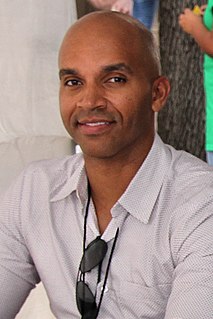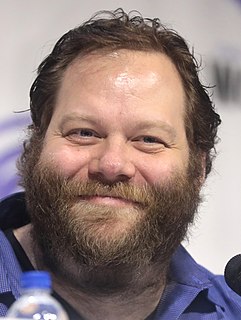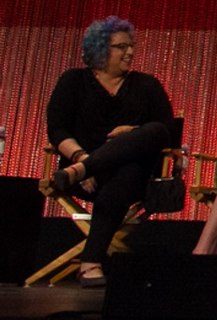A Quote by Stan Lee
No matter how good a story is, if you're at a newsstand and you see a lot of comic books, you don't know how good the story is unless you read it. But you can spot the artwork instantly, and you know whether you like the artwork, whether it grabs you or not.
Related Quotes
Whenever I read a script or sign a film, I don't see whether he is a bad guy or a good guy. I see how much the character is contributing to the story? How much is the importance of the character in taking the story forward? And what new I would be able to learn and what new I would be able to try in that?
What does it matter how cultivated and up-to-date we are, or how many thousands of books we’ve read? What matters is how we feel, how we see, what we do after reading; whether the street and the clouds and the existence of others mean anything to us; whether reading makes us, physically, more alive.
Whenever I work on an album and the time comes to do all the artwork, the only thing I think of is the LP artwork. When we worked on the 'Electric Trim' artwork, we spent weeks and weeks making the LP artwork great, and then the CD artwork came together in a day or two. The LP is what's important to me.
Comic books are just a way to show a story. Then there are the movies, and television and exhibits like this that take the stories and make them seem so realistic. In the comic book, you're just reading a story - hopefully a good, exciting story that whets your appetite for all of this stuff to come.
It's easy to sell good news like this, and the authors confidently rely on classic fallacious arguments. They argue by declaration, which is what makes the books so amusing. In matter-of-fact, authoritative tones, the authors tell us how plants and human beings exchange energy - or they describe what angels look like, whether or how they're sexed, how they communicate with human beings, and how they differ from ghosts. Readers might be expected to wonder, How do they know?




































